Government officials will NEVER ask you to transfer money or disclose bank log-in details over a phone call. Call the 24/7 ScamShield Helpline at 1799 or visit scamshield.gov.sg if you are unsure if something is a scam.
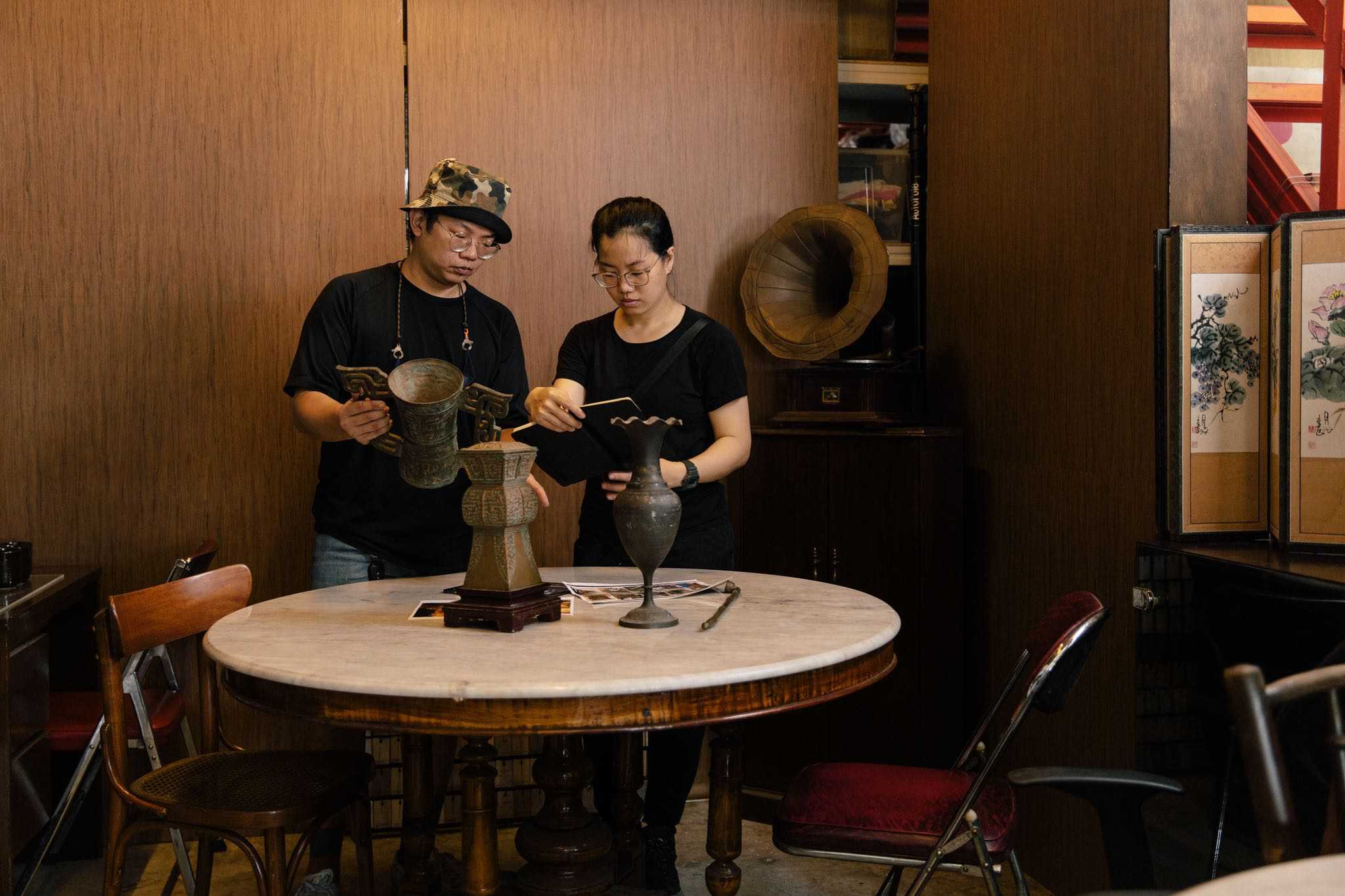
Organisation Transformation Grant Case Study
The Props Collective - Centralised Props Storage
Download the full case study below:
Project Overview
2 individuals from theatre and film were determined to fix a problem that these sectors had been grappling with for many years - duplication of props that was environmentally wasteful. The Props Collective (TPC) is set up by these 2 individuals to centralise props resources in a bid to reduce wastage, save on storage costs, and make high quality props accessible to all budgets
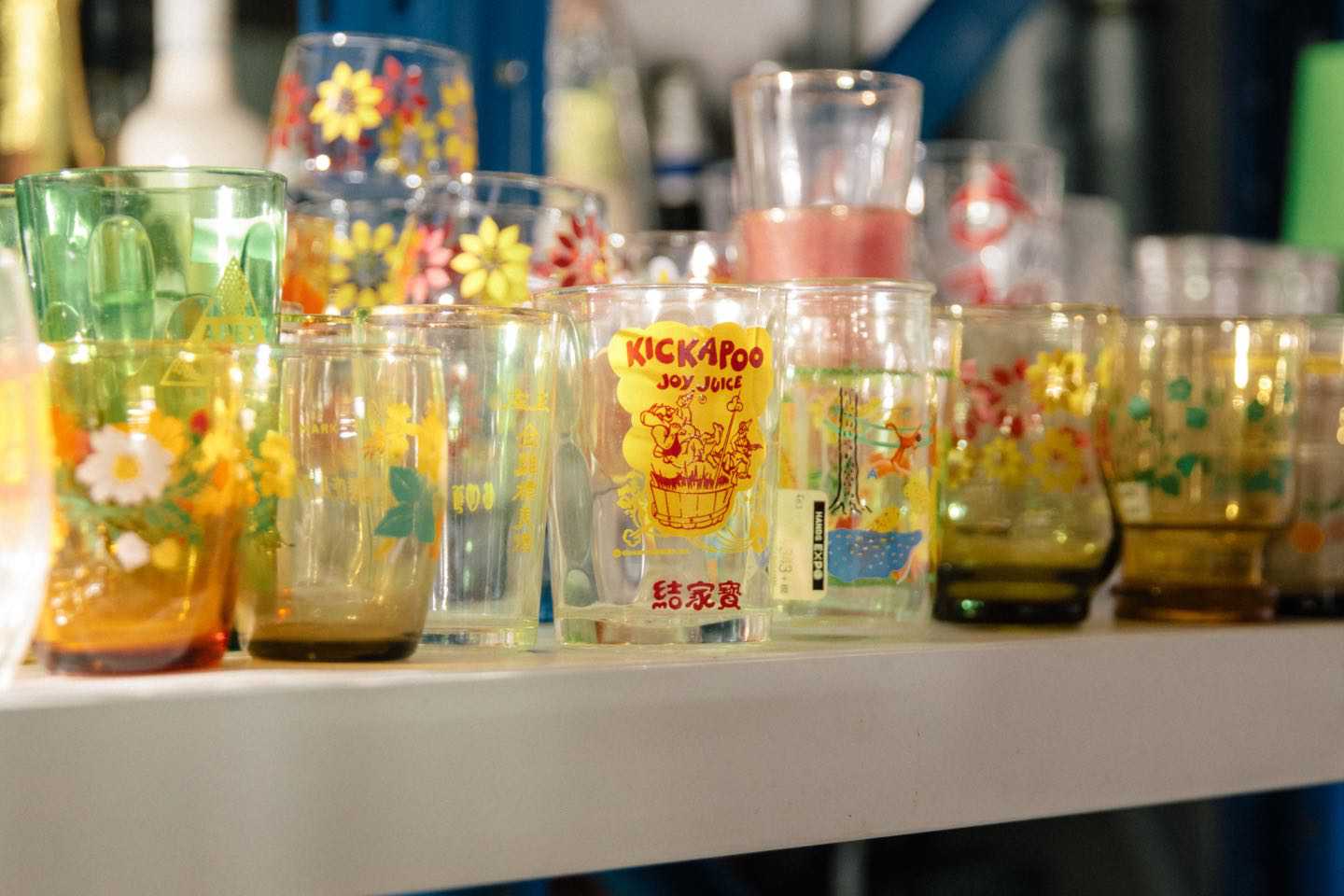
Challenge
Theatre and film companies tend to need certain props in common, but they either did not have lending policies or were not ready to rent out their props. This resulted in wasteful duplication of props, which incurs cost in storage space and is not an environmentally sustainable practice.
The Vision
TPC’s vision had already been years in the making - a more sustainable way of creating art with a centralised props-sharing service, and reducing the cost of art making for arts organisations, production houses and individuals. “We hope to introduce the idea that sustainable methods of making art can be convenient and low-cost”.
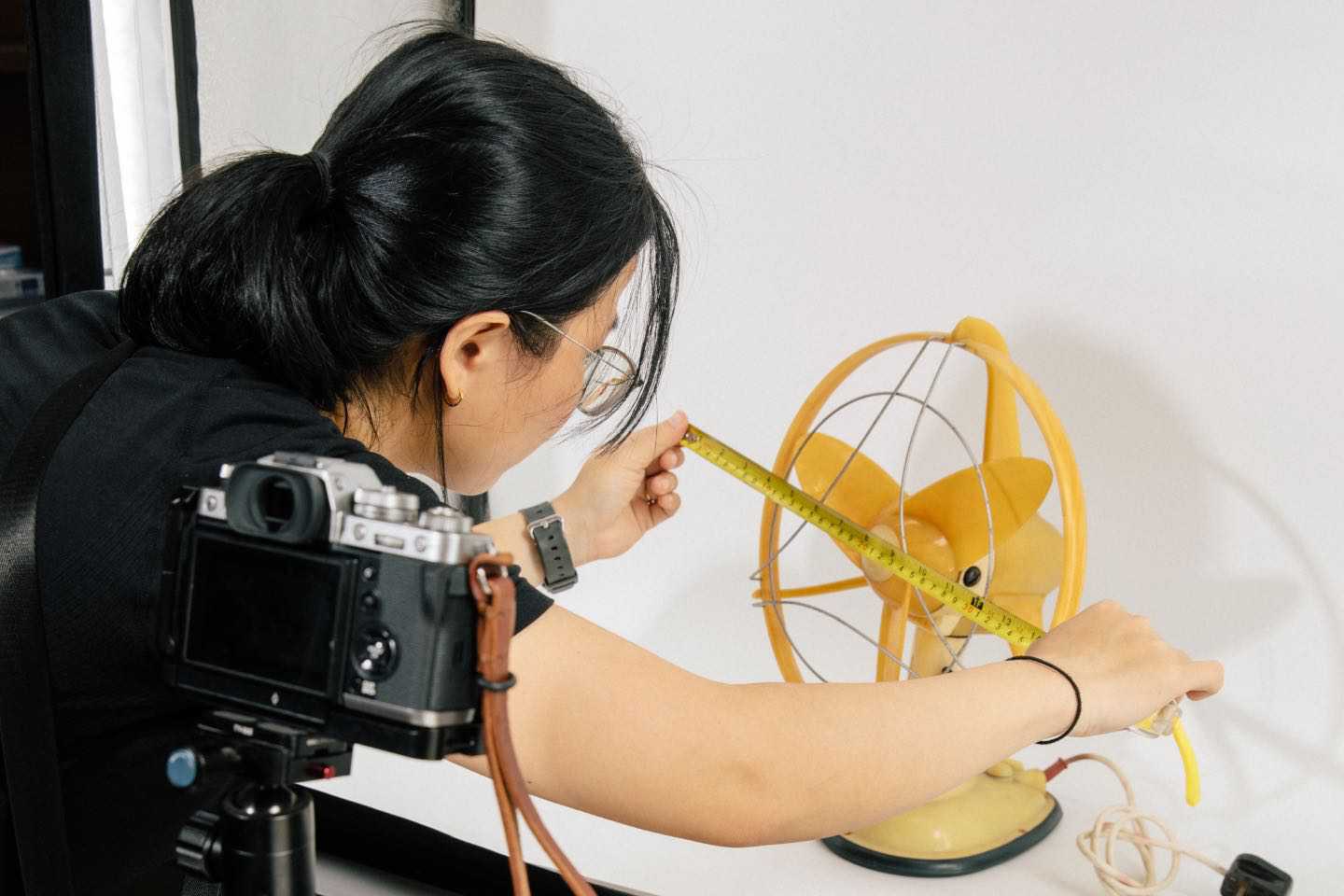
Outcomes in a Nutshell
The Props Collective - a new business model based on memberships, props rental, space rental and production services
Improved back-end processes with the help from an arts administrator and accounts executive hired specifically for the grant period
Membership sign-ups: 3 corporates and 17 individuals since Jan 2022
Outreach of 30,000 on social media, 99,000 hits on website
Impact
A new service now exists to address an age-old problem of prop duplication. “The theatre industry had talked about this problem for 20 years, but no one had the bandwidth to do anything about it,” Lam Dan Fong (Partner at TPC) shared. The pandemic, alongside the call to transform for the long-term sustainability of the arts sector, helped to push this in the right direction. This was backed up by support from many others who faced the same challenge - ultimately the key ingredient to the success of this project. A steady stream of corporate and individual membership sign-ups, together with rental transactions, in the early phase of this start-up shows that the effort is off to a healthy start.
3-2-1 Learnings
“Once I had to buy the same IKEA lamp 3 times in bulk for different productions within a year. And I thought - surely we can do this better?”
3 Must-Dos
Things you must absolutely get right
- Get your cash flow in order. TPC was a new company and did not have reserves on hand before the grant funding came in. “We should have discussed whether each partner should have invested a certain sum before we started,” said Dan Fong.
- Marketing and branding to get the word out. Landing on the right brand identity, paying attention to marketing language and details, so as to be transparent and clear. “Don’t be overly ambitious or over-promise,” shared TPC.
- Understand what people need. TPC made a lot of tweaks to their products and messaging as they learnt along the way.
2 Do-Next
Critical next steps to sustain the effort
- Build a network of collaborators with schools and institutions to extend reach to students and youth.
- Develop a sustainable business model and establish financial forecasts. Get help from professionals in the areas of marketing and branding, and the nuts and bolts of managing a company.
1 Do-Differently
What they wished they had done differently from the start
- Although TPC had set up a Steering Committee consisting of industry veterans (from Singapore Repertory Theatre, The Necessary Stage and Pangdemonium) that guided their mission and provided critical advice in the company’s strategic direction, they also wished that they had sought help from a dedicated business consultant to complement the Steering Committee to help them focus on critical priorities for this project, and leapfrog the learning curve of setting up a business.
Challenge
Although TPC had set up a Steering Committee consisting of industry veterans (from Singapore Repertory Theatre, The Necessary Stage and Pangdemonium) that guided their mission and provided critical advice in the company’s strategic direction, they also wished that they had sought help from a dedicated business consultant to complement the Steering Committee to help them focus on critical priorities for this project, and leapfrog the learning curve of setting up a business.
The Vision
Their vision had already been years in the making - a more sustainable way of creating art with a centralised props-sharing service, and reducing the cost of art making for art organisations, production houses and individuals. “We hope to introduce the idea that sustainable methods of making art can be convenient and low-cost.”
The Journey
Discovery. Learning-by-Doing. Overcoming Challenges.
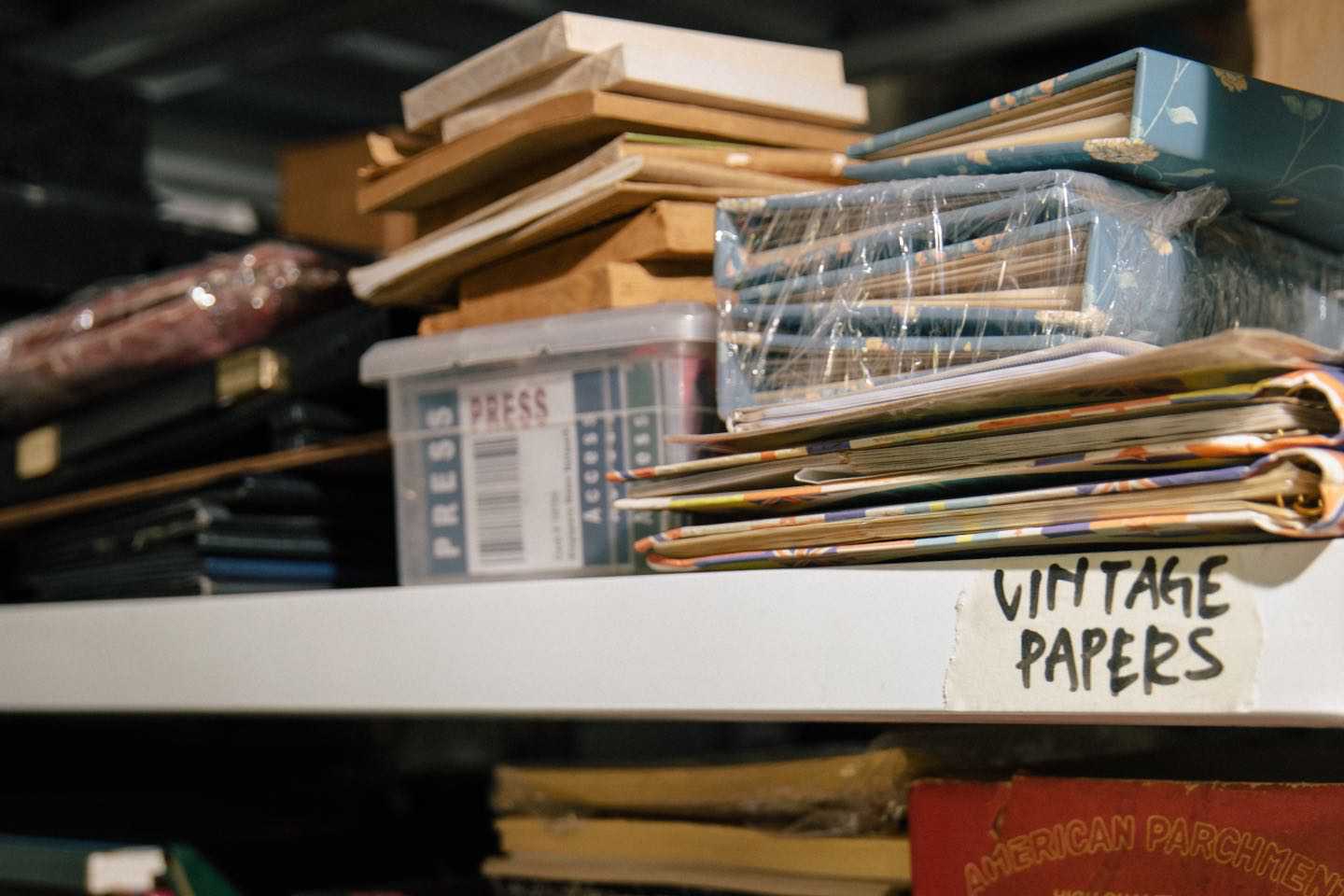
Product
TPC’s key assumption was that renting props would be cheaper for arts companies than buying. But they quickly realised that it was cheaper to buy mass-produced items online than to rent through TPC. “Rental does not mean that it will be much cheaper,” said Dan Fong. “There is no need to rent a cup for $10 for 3 weeks, when you can buy it for $1 online.” The real trade-off was between short-term production costs and long-term storage costs, but the focus of companies was to fit short-term production costs within a given budget. Ultimately, their first customers were those who truly believed it was important for the arts industry to be sustainable, including the theatre companies on their Steering Committee - Singapore Repertory Theatre, The Necessary Stage and Pangdemonium. This makes advocating the message of sustainability all the more critical in marketing and outreach. “Advocacy of ideas is not easy,” shared Dan Fong.
TPC also learnt that there is higher demand for specialised props such as vintage typewriters, telephones and furniture, as opposed to generic props. They had not budgeted for sourcing in the initial grant, but realise now that having a sourcing strategy for product-fit would be important for growth.
Another learning was that prop-gifting was more popular than anticipated. While this seemed to be a happy problem, TPC had to educate people on what was useful - or risk being a dumping ground. “We had someone who wanted to give us one chopstick,” laughed Dan Fong. So they are currently in the process of building a template for prop-gifting, with guidelines such as size limits.
TPC discovered the importance of the right marketing and branding. TPC is still trying to find the right brand identity: “We went with at first a friendly, colourful vibe to target the youth market but felt we lost conveying the idea of professionalism.” The look and feel of the website is thus still under development. They learnt to pay attention to marketing language - “At one point, we used the word “free” in the wrong way and realised it when customers gave us feedback.” Luckily, their customers were very understanding.
People
Having networks across different industries proved vital in getting the company off the ground. “Somehow, the film industry buys more into the idea,” said Dan Fong, perhaps because film productions require more props in general, compared to theatre - “Volume does matter.” Having Junior Foong as a partner who brought in his networks from the film industry helped to open up the market demand.
TPC also entered into discussions with schools and institutions, so that arts and design students can access the props as a resource, as well as workshops to hone their craft. Working with students can also help to build the pipeline of supply and demand of props for the scene in the future. They hope to eventually hire a Business Development Manager to grow their networks with institutions as key collaborators and multipliers.
Process
This being the partners’ first foray into a B2B enterprise, they learnt the importance of clear communication and paying attention to contractual details. “When we deal with individuals and we make a mistake, we can seek forgiveness and move on. But when you deal with businesses, they too are accountable to someone else and have their own processes,” recounted Dan Fong.
System
Get cash flow in order. TPC was a new company set-up due to the grant, but they did not have reserves on hand before the grant funding came in. “We should have discussed whether each partner should have invested a certain sum before we started,” said Dan Fong.
The partners knew that transformation was never going to be easy but challenges along the way made it more difficult than imagined. A chief problem they encountered was eviction from their old warehouse during the project period, which almost caused them to cancel the project. TPC decided to take the risk of moving to a new warehouse and incurred additional costs.
Get help on the business front. “Setting up a new company while attempting to transform an industry practice was extremely ambitious,” said Dan Fong. She felt that TPC could have done with help from business consultants to focus on critical priorities in the start-up phase, and leapfrog the learning curve of setting up a business. Otherwise “It’s like building a plane as you are flying it,” said Dan Fong.
Reflections
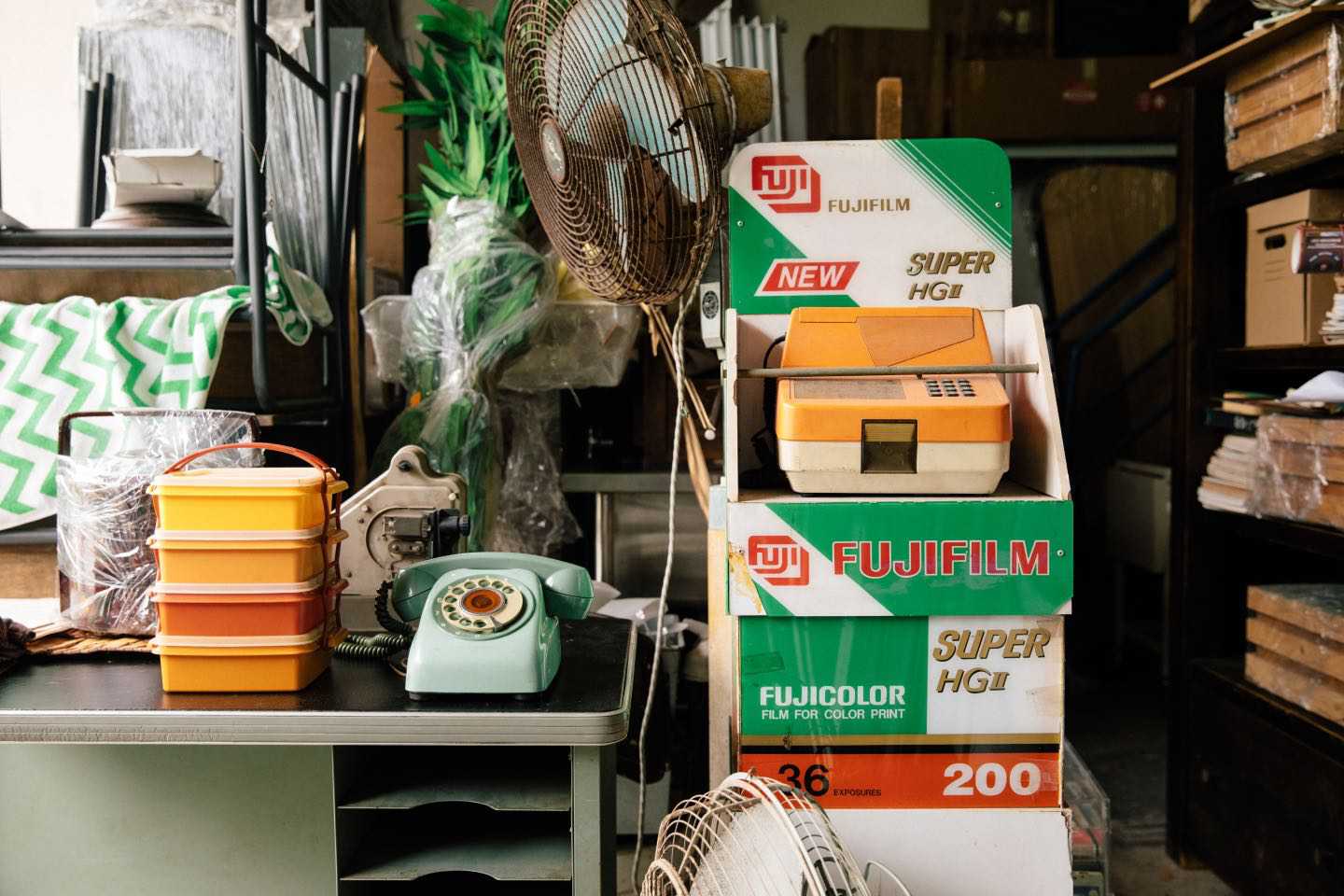
Despite set-backs, Dan Fong said, “We are still excited about this, and want to make it work.” She gets energised by like-minded people who believe in their cause, and who appreciates them.
But as with every entrepreneurial journey, there are ups and downs. “We read in so many articles [about] how difficult an entrepreneur’s journey is, but you really don’t truly know just how difficult it is until you do it,” says Dan Fong. On days where they made a wrong decision or doubted themselves, she caught herself thinking, “I wish I never started this.”
But, Dan Fong is guided by a larger sense of purpose. “I am a firm believer of [bringing] impact to society. As long as we are doing something good, I will continue.” Based on Dan Fong’s personal story, she is not someone who shys away from difficulties. Having studied business and accounting in university, she eschewed a comfortable job in accounting to pursue her love for the arts. Then she left a full-time job in production to be a freelancer, and now has embarked on her greatest challenge yet - an entrepreneur’s journey.
“My mother always tells me that I have an attraction for difficult things,” laughs Dan Fong.
Ultimately, TPC’s journey of entrepreneurship is about innovation and problem-solving. Their story and experiences can provide rich learning for others similarly embarking on their own transformation efforts.
This project has been supported by NAC's Organisation Transformation Grant. For more information and resources on NAC's grant schemes, please visit: https://www.nac.gov.sg/



